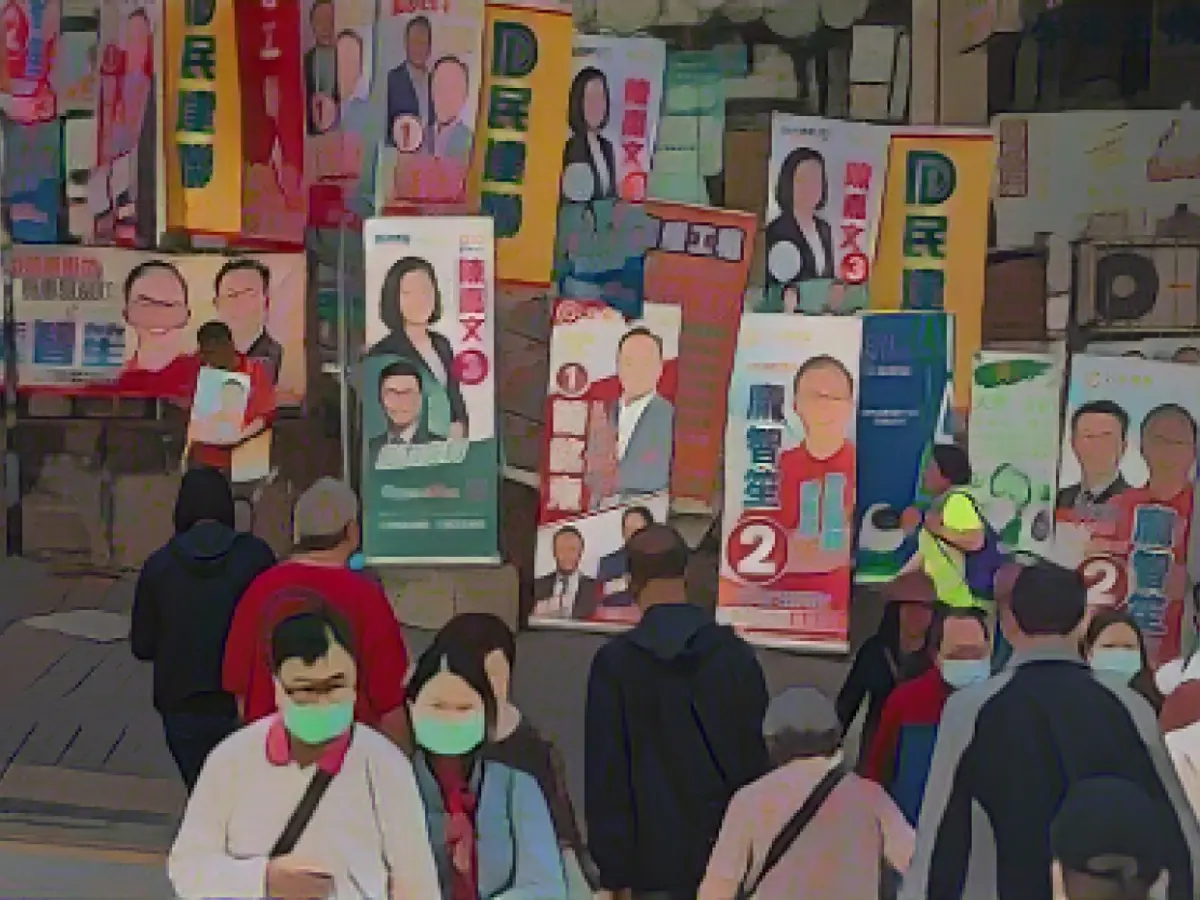With the Chinese government's relentless efforts, fewer than 1.2 million Hong Kongers, equating to just 27.5% of eligible voters, participated in the 2023 District Council elections. This was a sharp decline from the 71% turnout recorded in 2019, marking the lowest participation in the city's history since its handover to China in 1997.
The dwindling turnout can be partially attributed to the sweeping electoral changes aimed at favoring pro-Beijing candidates. These transformations reduced the number of directly elected council representatives from 90% to 20%, with the remaining seats appointed by the city's chief executive or selected via an electoral college.
Many citizens find this shift disconcerting, as they perceive a diminishing influence in the electoral process. This disillusionment, coupled with a pro-democracy boycott by political groups, has resulted in pro-Beijing individuals taking all the seats.
Public dissatisfaction towards the government's policies, such as the closure of Physical Fitness and the suspension of the Municipal Solid Waste Charging Scheme, has also played a significant role in the low voter participation. Residents feel that their concerns are not being addressed, which in turn fuels their sense of detachment from the political process.
Furthermore, the perception that the elections are no longer genuinely democratic—with only individuals aligned with the Chinese Communist Party allowed to run—has further eroded public confidence.
In the run-up to the 2023 District Council elections, numerous residents have questioned the legitimacy of the process. This collective discontent, combined with a perceived lack of genuine democracy, has led to the record-low voter turnout.
In light of these factors, it is fair to suggest that the Chinese government's attempts to control the political narrative in Hong Kong have had an adverse effect on civic engagement.







